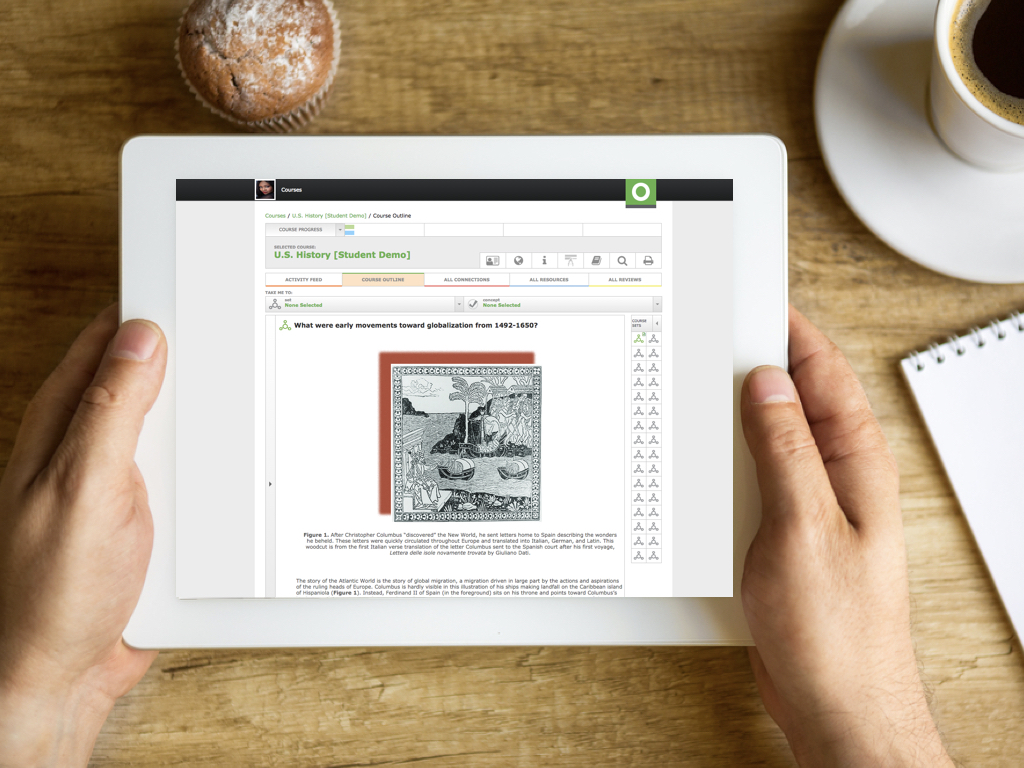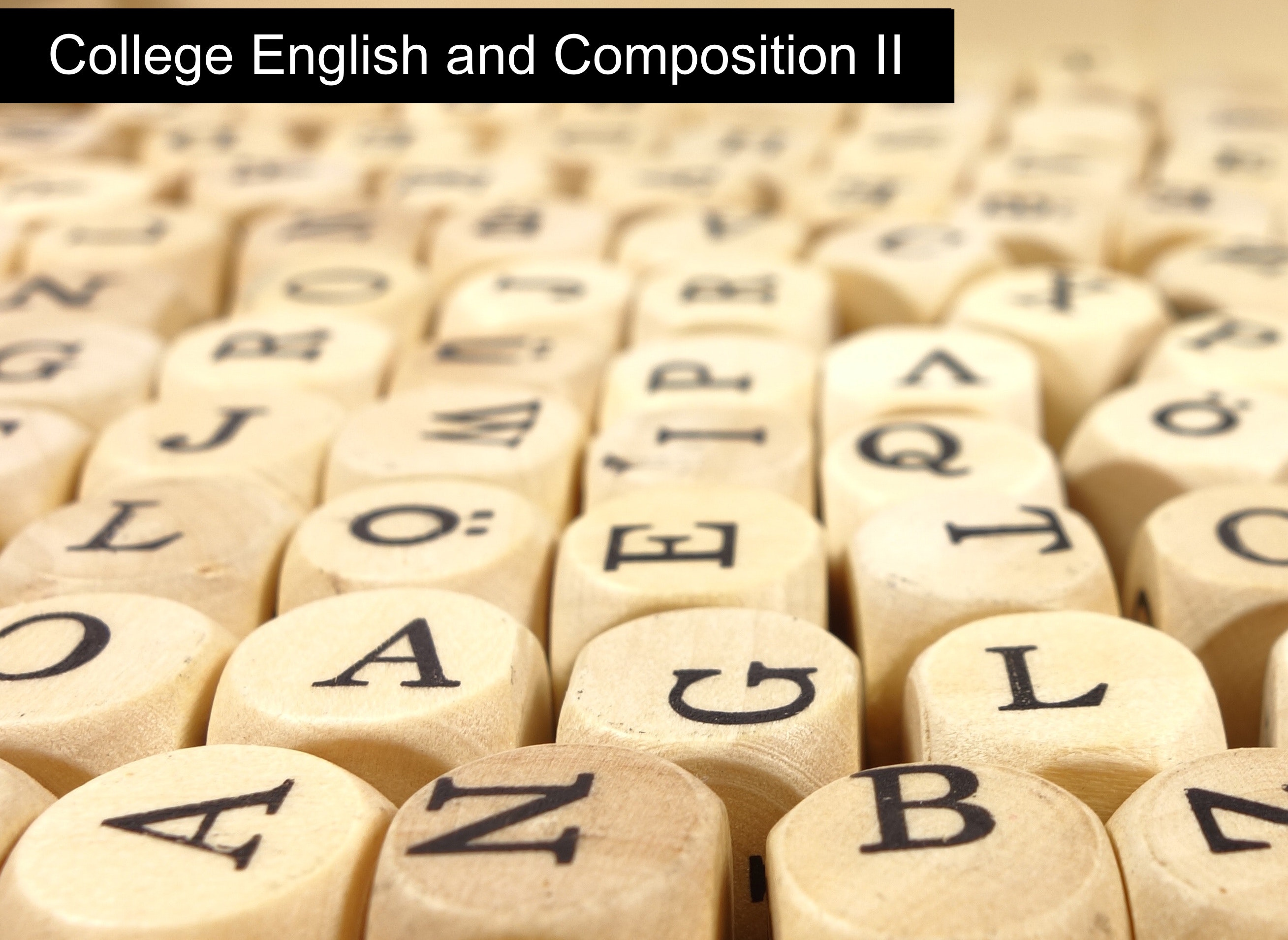
College English and Composition II
The comprehensive contents from this book, combined with Odigia’s Teaching and Learning Tools have everything you need to engage, collaborate, track and assess your students.
Helping Teachers Do What They Do Best: Teach

Customize
Use our courses as is or easily customize them to fit your teaching style and the needs of your students. You can add your favorite resources, hide and show our existing content and pre-built assessments, or make them your own. Everything your students need, in one place!

Engage and Collaborate
Odigia combines learning materials, discussions, and tools to create a familiar social experience for students allowing you to easily connect and redirect students attention.

Track
See how much time students are spending on different areas of the course, which areas are creating the most amount of engagement and identify topics the students are struggling with. Flag and provide feedback on assignments to proactively meet individual students' needs.

Assess
Game theory allows students to monitor their progress visually and motivates them to stay on track. Students can see exactly what activities they need to complete, which ones have been flagged and compare their progress against the overall class.
College English and Composition II Outline
Plagiarism
Understanding How to Avoid Plagiarism and Overview of Rhetoric
- Ethics in Writing
- Rhetoric: What it Means and How to Use It
- Thinking Rhetorically
Five Rhetorical Offices
- Five Offices of Rhetoric
Invention
- Invention
- Definition Strategy
- Using Research
- “The Rhetoric of Research” by Simon Lancaster
- Conducting Research
- Developing a Research Strategy
- PC “cubed”
- Five Tips to Improve Problem-Solving
- Problem-Solving Strategy for Invention
Officer of Rhetoric: Organization
- Organization
- Organizing your Writing
Help with both Invention and Organization: Understand the Audience
- Purpose
- Assignment
- Finding your Audience
- Writing for your Audience
- Analyzing your Audience
More about Audience: The Tools you Have
- Ethos, Logos, and Pathos
Offices of Rhetoric: Delivery, Style, and Memory
- Delivery, Style, and Memory
The Take-Aways from these Readings
- How do these Readings Relate to my Writing
MLA Formatting
- MLA Basics
- MLA Formatting Example
- Video: How to Set Up an MLA Formatted Paper
- Video: How to Set Up a Works Cited Page in MLA Formatting
Writing and Argumentative Research Paper
- Topic Selection
- Preliminary Research
- Evaluating Sources for Credibility
- Organizing, Drafting, and Polishing
- Incorporating Sources
Point of View
- Point of View
- Video: Types of Point of View
- Video: Finding and Fixing Second Person Point of View
Revision
- Revision
- Video: Importance of Revision
- Video: Ways to Approach Revising an Academic Paper
- Video: What to do after Revising
- Video: How Reading Out Loud Helps with Revision
- Video: How Revising and Editing are Different
About the book
College English and Composition II

College English and Composition II is an introductory course in expository writing. It is designed to increase understanding of the demands of academic writing. It emphasizes the writing process, writing with clarity and purpose, developing and organizing ideas effectively, and using the conventions of edited English. Students practice writing expositions and arguments informed by short readings and also enhance their research skills.
About the authors:
Senior Contributing Authors
Mark Branson, Shaw University
